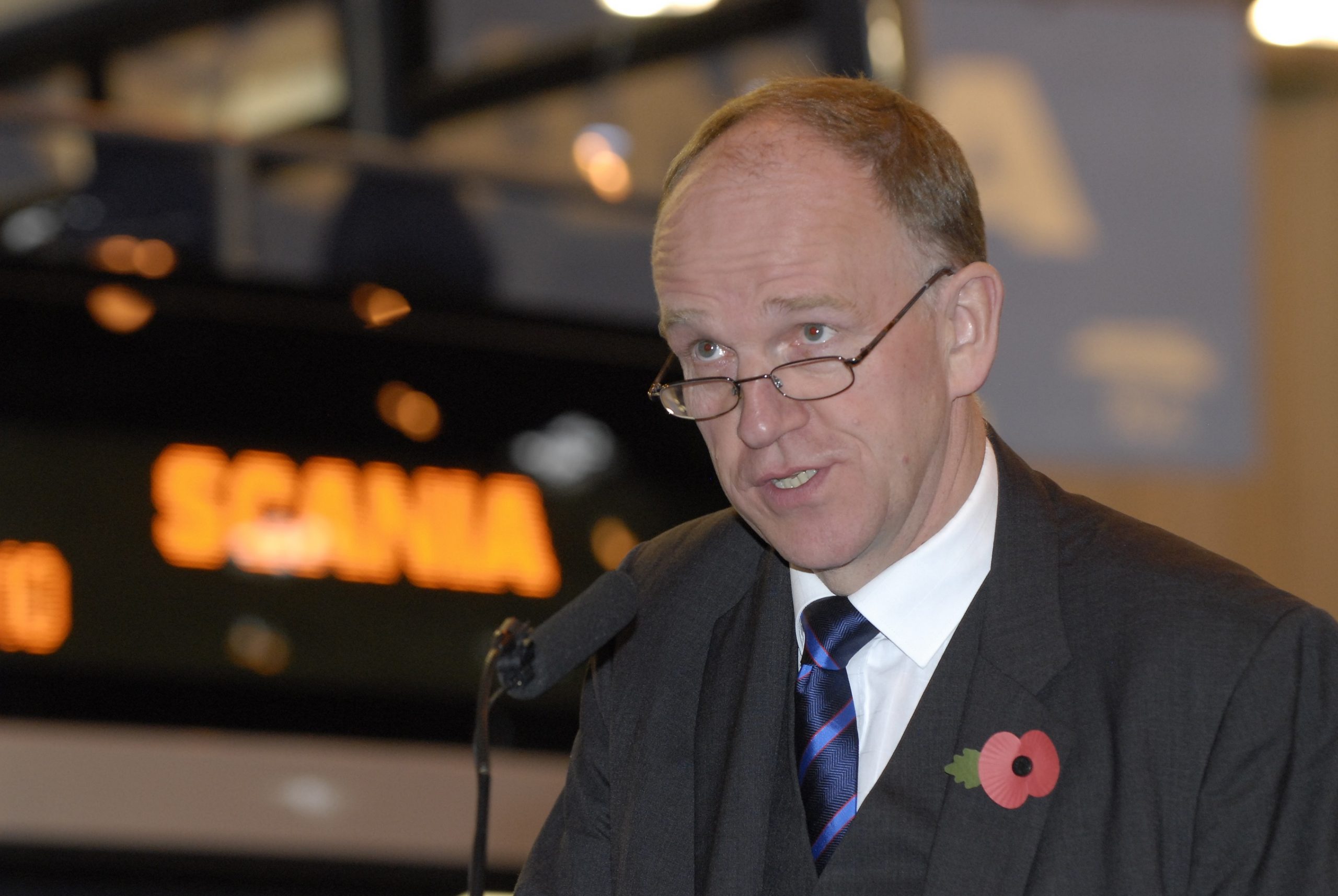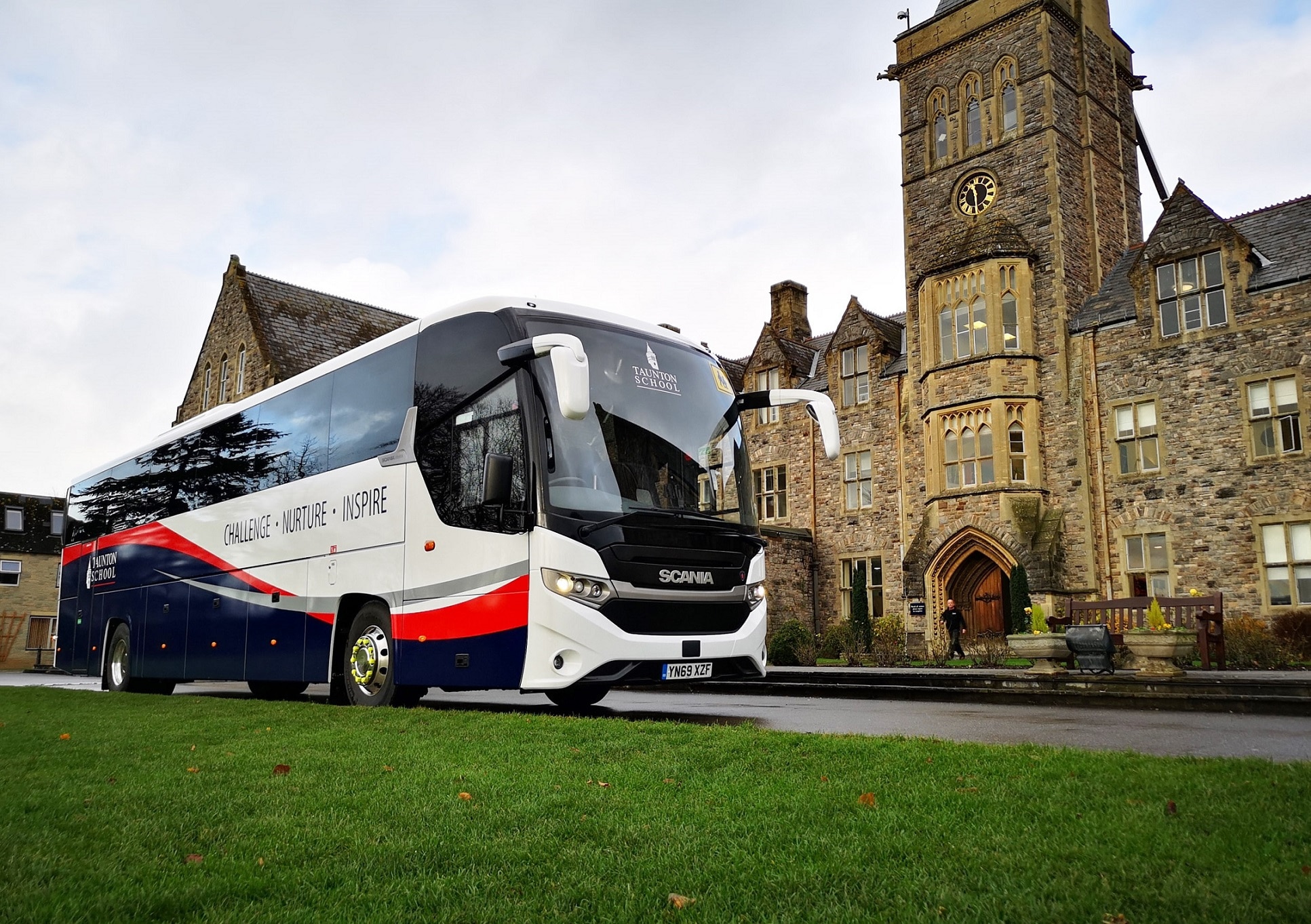Seldom can a year in the industry have started with such a mandate for leadership. Many in the coach and bus world will thus have been reassured to hear that respected stalwart Steve Whiteway will take up the role of Confederation of Passenger Transport (CPT) President for 2020.
Mr Whiteway will formally succeed Martin Dean at the CPT Annual Dinner, held at the Royal Lancaster London on Thursday 30 January. Both men share much: They are diplomatic voices of reason. They eloquently articulate the industry’s case when it matters.
Mr Dean has acted as a calming influence during a two-year tenure that saw CPT faced with many challenges, both externally and internally. Mr Whiteway now takes on that responsibility. But not for the first time; this is the third time that he will sit as President.
He has enjoyed a fine career since joining the industry as a trainee coach driver 40 years ago, but his enthusiasm for the business has not wavered in the meantime. Far from it. And foremost behind his continuing motivation is a respect for people.
Meeting people is a key part of the CPT President role. “There is a lot to be said for sharing best practice,” says Mr Whiteway. “But foremost it is for the President to ensure that members’ interests are looked after.”
Another major part of the position is spreading word of the industry to outside parties. CPT has upped its game in that regard in the past six months. Mr Whiteway is ready for the challenge of continuing it, particularly as coaches and the Confederation’s Coach Strategy come to the fore.
But coaches will not receive all of Mr Whiteway’s time. He has experience of running buses in both regulated and deregulated environments. That part of the industry is another that needs constant attention.
Supplier members will be a further consideration of Mr Whiteway during his time as CPT President. They contribute a lot to the Confederation, and he is keen to recognise that.
CPT President: A smooth evolution ahead for the industry?
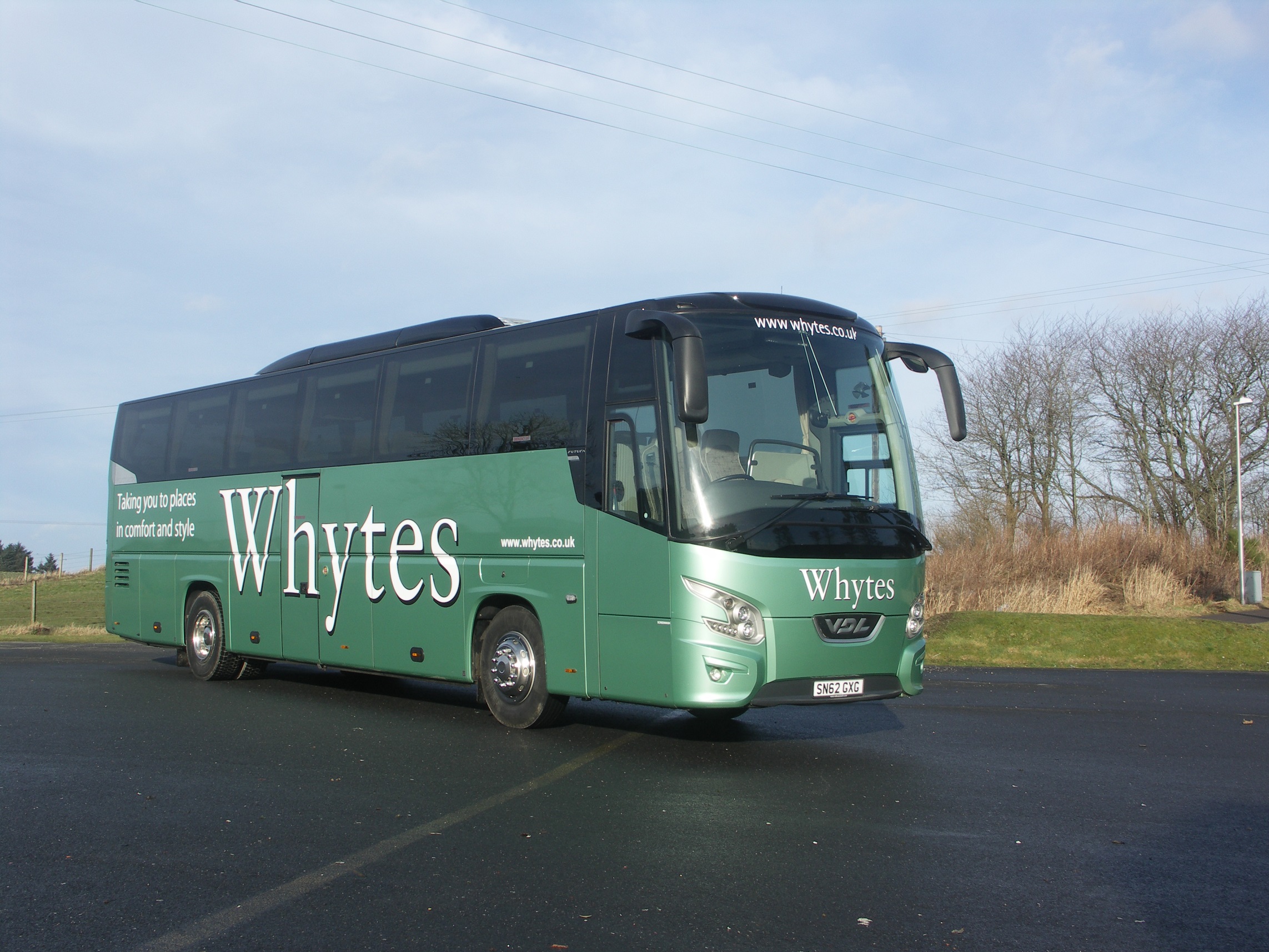
Mr Whiteway says he is positive about the industry’s future.
But to that he adds a caveat. Change and evolution are unavoidable. Those operators that prosper in the long term will be the ones that work with change, not against it.
“Bus operators recognise the threat of regulation, and that they must now work harder than they have done before,” he says.
“Changes to some attitudes may be needed. Management is key: Good managers can recruit good drivers, and good drivers can become good managers.”
Promoting the role of drivers has long been one of Mr Whiteway’s passions. In the regulated London market, Quality Line was the first bus operator to specify cab air-conditioning, and he took a pride in considering his drivers’ wellbeing in other ways.
Attracting younger people into the industry is an area to focus on. That is an ongoing challenge, but Mr Whiteway believes that if the sector – and the jobs within it – are portrayed in the correct manner, the task will become easier.
Part of that is taking steps to bring drivers in at the age of 18. Insurance is often given as a reason why it cannot be done, but some operators have addressed that issue by talking to their brokers. That approach should be more widely adopted, he says.
CPT Coach Strategy in the making
Centrepiece of CPT’s work in the first part of 2020 is its Coach Strategy. That document will follow the Bus Strategy delivered in 2019, which has driven engagement with stakeholders and provided a platform for future policy discussion.
“Coaching is much more diverse than buses, and that makes creation of a strategy document for it more difficult,” says Mr Whiteway. He acknowledges that the coach industry is facing major change, and not only relating to emission control zones and PSVAR. Some operators will inevitably see wholesale upheaval if they are to survive.
But in that cloud is a silver lining. In the future, any focus on price may begin to play second fiddle to environmental considerations for some hirers. “That could mean that coaches have a bigger part to play,” says Mr Whiteway.
The most important part of CPT’s Coach Strategy is to ensure that what it contains is followed up. Members and the wider industry must adhere to it if pressure is to be successfully applied to bodies that can deliver what is needed for the industry’s future prosperity.
“Coaching has a lot of positives. The Coach Strategy will call on members to upgrade their fleets, but in return it will be incumbent on CPT to raise the sector’s profile and to ensure that it is relevant.”
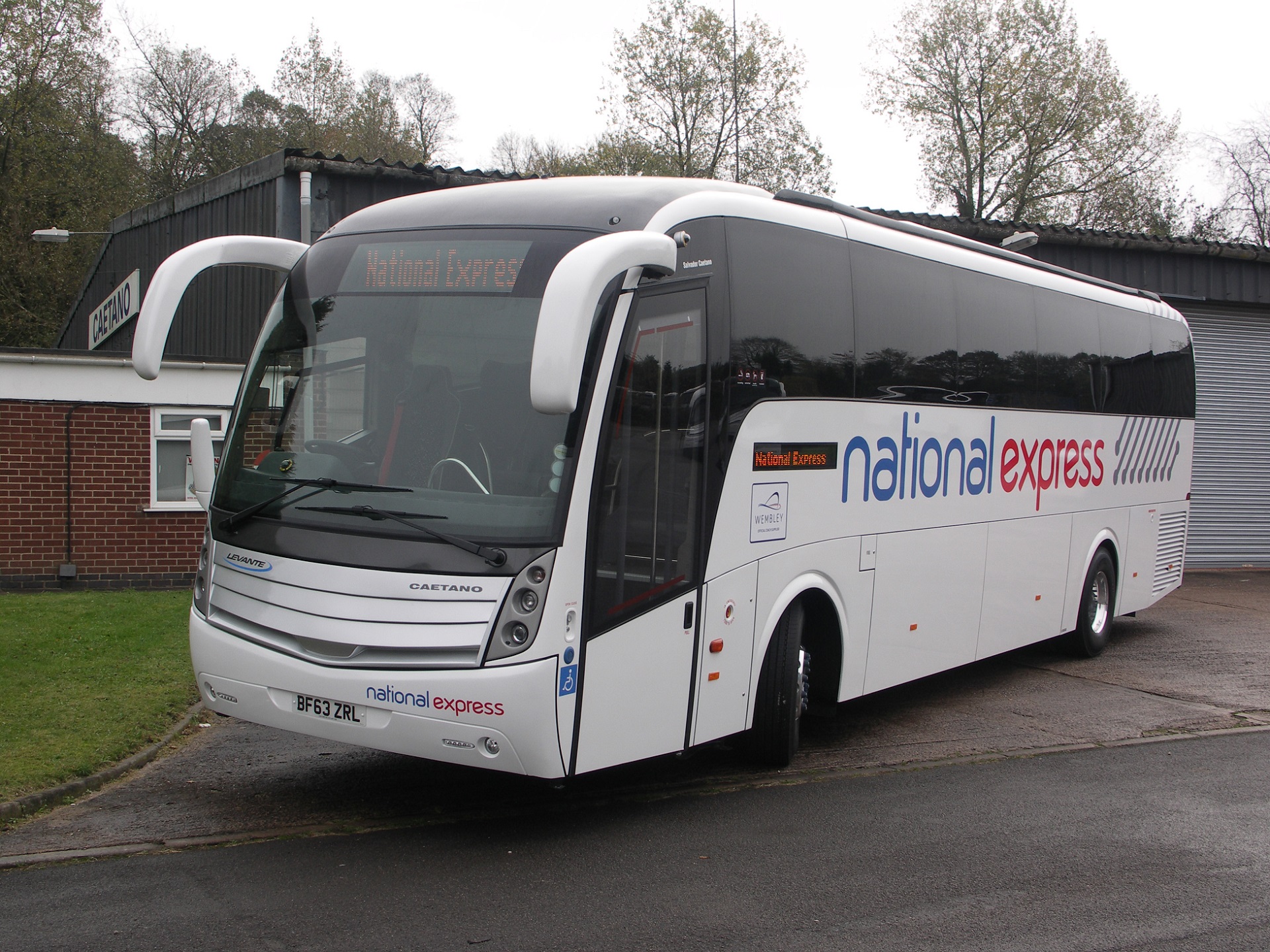
To get to that point, negotiation is key. CPT has already welcomed the decision to financially assist operators to comply with London’s Ultra Low Emission Zone and October’s tightening of its Low Emission Zone. Mr Whiteway would advocate a national fund serving the same purpose.
“If stepping on toes occasionally is what it takes to ensure that our voice is heard, I am willing to do that. But when dealing with DfT, we cannot bang the table. Negotiations must be handled in the proper manner. We also cannot be negative in our approach, regardless of how difficult things are.”
Ensuring that the industry keeps up appearances
Another element of driving awareness of coaches is to grow the number of people that use them. Mr Whiteway gives National Express credit there. It has, he says, created awareness with marketing campaigns. Smaller operators often do not have that resource, but they can still do their bit.
“It’s about making sure that vehicles are always well presented, and that the driver is smart. That is what we did at Epsom Coaches and we reaped the benefit. We certainly were not the cheapest, but that policy served us well.”
‘Quick wins’ for coaching are important. The bus industry has seen several since the launch of CPT’s Bus Strategy; battery-electric innovation has been featured on television and the industry has also gained coverage in the mainstream press.
But Mr Whiteway additionally condones lesser actions against some of the mundane things that cause the industry strife. As an example, roadworks should be taken much more seriously.
He draws a parallel between major roads and trunk railway lines. In the latter case, work takes place on a 24-hour basis until it is complete. In highways, an eight-hour day is more common.
Does a buoyant future lie ahead for CPT and the industry?
On the future direction of CPT, Mr Whiteway is positive. He notes many worthwhile changes over the past year and says that the appointment of Graham Vidler as CEO continues to drive those.
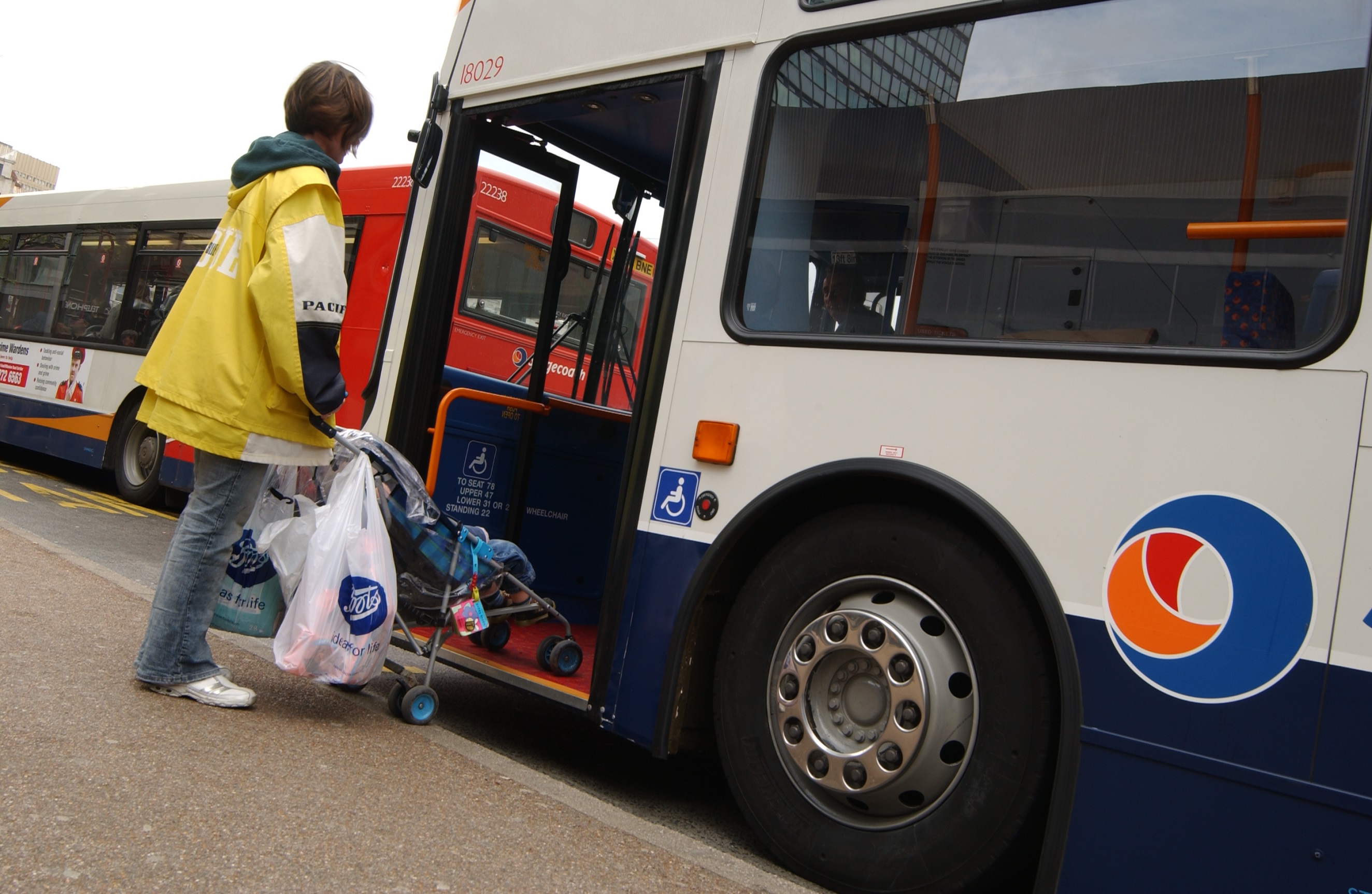
“Graham has communications skills and he has learned about the industry quickly. CPT must work to ensure that whenever coach or bus is in the news, Graham is the first person that the media want to speak to.”
Currently CPT represents around 95% of the bus industry. That is a “powerful” number.
But it captures only around 50% of coach operators. Increasing that percentage will strengthen CPT’s hand when negotiating. Doing so is the responsibility of everyone involved, says Mr Whiteway.
“I want to see CPT regarded as something that operators cannot get by without being part of. For coach operators particularly, there is a great deal of expertise for them to tap into. Benefits also come from our commercial partners. As an example, lots are available to operators that want to become part of DVSA’s Earned Recognition scheme.”
Mr Whiteway places great importance on CPT’s Regional Managers. Mr Vidler earlier hinted that he is examining the allocation of more resources to their function; they are, as Mr Whiteway says, most members’ first line of communication with their trade body.
Busy year ahead for incoming CPT President Steve Whiteway
Mr Whiteway makes his Presidential address tomorrow evening. That will not be the last that members will see of him; he plans to travel the country over the coming year, meeting them and attending regional meetings.
“Being CPT President means I have a busy year ahead. But busy is good. This industry is built on its people. Meeting them gives me a sense of satisfaction.
“I want to help members develop their businesses and themselves by speaking to them, listening to them, sharing my own experiences and acting on theirs. CPT has greatly improved its engagement with members but there is still work to do.”
2020 is not quite a make or break year for the coach and bus industry, but it will certainly be a time when many of the challenges that have been brewing will come to the fore. It’s imperative that both operators and their trade body work collaboratively to meet them.
And with a man with the experience of Steve Whiteway in position as CPT President, it is already in a good place to do just that.
routeone comment
Martin Dean has done sterling work as CPT President for two years. The Confederation has seen huge change in that time – change that some will say was overdue.
Members can hardly have missed the work that CPT did for the bus sector in 2019. In 2020, coaching will take its place in the limelight.
Steve Whiteway brings a great deal of coach experience to the CPT President role. But his wider bus knowledge will also be invaluable as that part of the industry faces up to both change and opportunity this year.
What is key is that members engage with CPT. It has already asked coach operators to supply data relating to their operations as part of work to make the industry’s case to government.
There will be other opportunities to assist in the future. And that’s important. Regardless of who is at the top, any trade association is only as strong as its members.




















